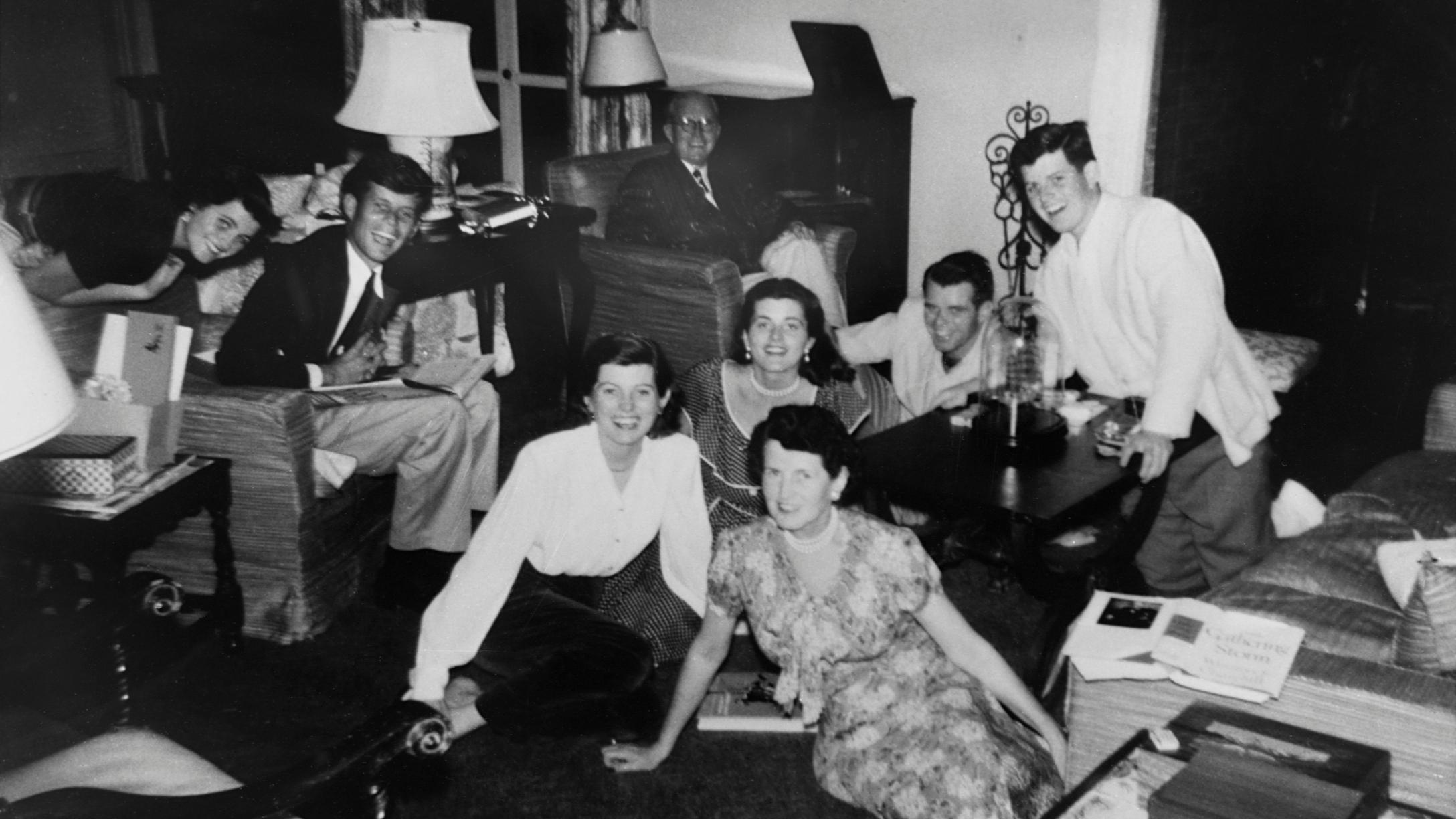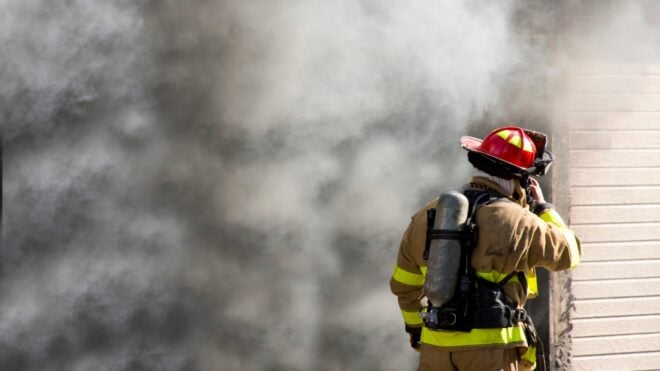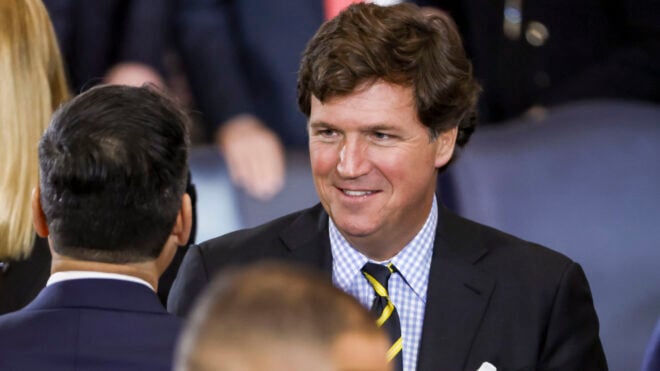
The Kennedy family is full of notable figures who have enjoyed fame, wealth, and power. The dynasty had to start somewhere, however, and that began with Joseph P. Kennedy Sr.
For decades, many have believed that the Kennedys' immense wealth was a result of bootlegging. More recent research indicates that isn't the case. It seems that the Kennedys' wealth was actually built on a lot of risky deals and a lot of luck.
David Nasaw, author of The Patriarch: The Remarkable Life and Turbulent Times of Joseph P. Kennedy, revealed to the History Channel that the evidence of bootlegging isn't there.
"As his biographer, I would have loved to have discovered that he was a bootlegger," Nasaw said.
"It would have given me all sorts of great stories. I tracked down every rumor I could find and none of them panned out. It became really clear that all of the stories about his bootlegging were just farcical."
Nasaw claims that the rumors trace back to the 1960s, when people were trying to rationalize the assassination of President John F. Kennedy. One of the theories was that Joseph P. Kennedy had made enemies during his time as a bootlegger, particularly in the Mafia.
Mafia claims were further driven by various sources close to mobsters insinuating they knew something others didn't. Al Capone's piano tuner claimed to have overheard conversations between Capone and Joseph P. Kennedy. The ex-wife of a Chicago mobster also claimed to have ties to the Kennedys.
There were others digging for the truth, too, and they found no evidence of these mob ties or other nefarious relationships. Among them were opposition researchers for Richard Nixon when he ran against JFK in 1960.
"They found all sorts of dirt on Joe Kennedy, but not that he was a bootlegger," Nasaw noted.
Joseph was also a man with political aspirations. He held high-profile government posts as the first chairman of the Securities and Exchange Commission and later as the US ambassador to the United Kingdom. Both jobs would require extensive vetting and background checks, where any bootlegging claims would have been investigated.
"[Bootlegging] is the last thing he would do," says Nasaw.
"He had other ways to make money. He knew where the line was between legality and illegality. He wasn't going to cross that line, because his children, who he lived for and hoped would be presidents and senators, were already tarred with the brush of being Irish Catholic and he wasn't going to add to that by being indicted for bootlegging."
There is a family relationship to the booze business, however. Joseph Kennedy's father, Patrick Joseph Kennedy, was a saloon owner in Boston who found his way into the whiskey importation business. He made a good living from the business, enabling him to become the first Kennedy to enter politics. He served as a local ward boss and then as a Massachusetts state senator.
When Prohibition hit, Patrick Joseph Kennedy was allowed to keep whatever alcohol he had already purchased. He stuck to it, and when it became clear Prohibition was going to be overturned, Joseph P. Kennedy made moves to make it lucrative for himself. He used his connections to land exclusive contracts to import high-end Scotch whiskey and gin from the UK.
A decade after Prohibition ended, Kennedy sold his liquor franchise for $8.2 million. Today, that would be a $100 million deal. And that was just one of his business endeavors. Others included his position as the youngest bank president in America, at 25 years old.
Nasaw has a theory about what his most lucrative endeavor was. Joseph Kennedy bought a failing Hollywood movie studio in the 1920s. He had the studio producing lots of inexpensive B movies, which Nasaw believes banked Kennedy millions.
"He demanded to be paid, not only in salary and expenses, but in stock options," Nasaw explained, based on viewing Kennedy financial records in his research.
"And he drove those stock options up and down and sideways. By the time he left Hollywood in the late 1920s, he had an absolute fortune."




